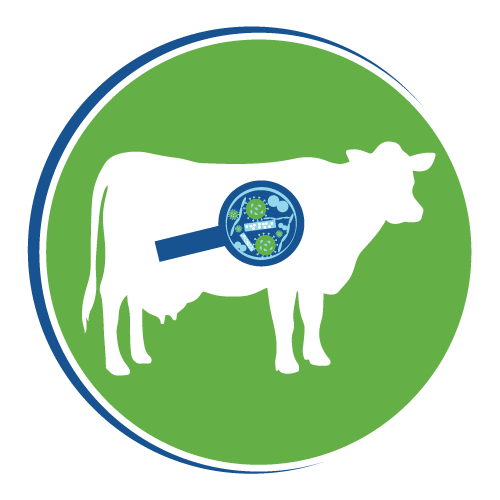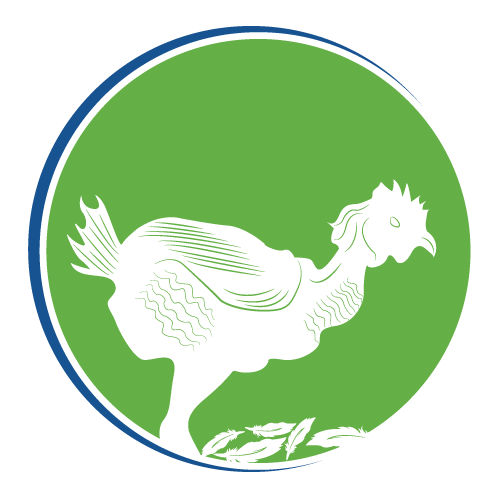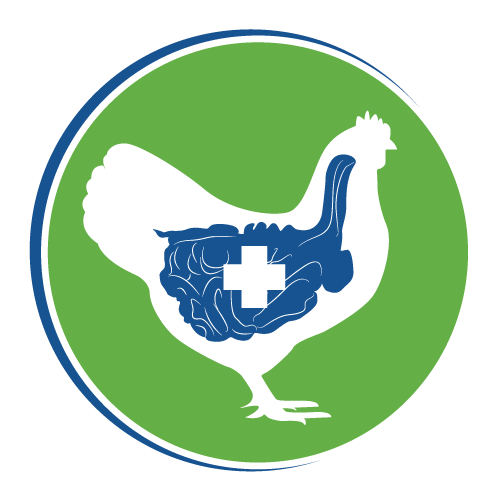Rumen Health
Rumen Health Two things are vital to good rumen function: a healthy microbial population and a suitable pH (ideally above 6.5). Without these, the rumen becomes less and less efficient at digestion of feed. This leaves cows susceptible to health complications such as acidosis and laminitis. The rumen plays an essential role in a cow’s…











